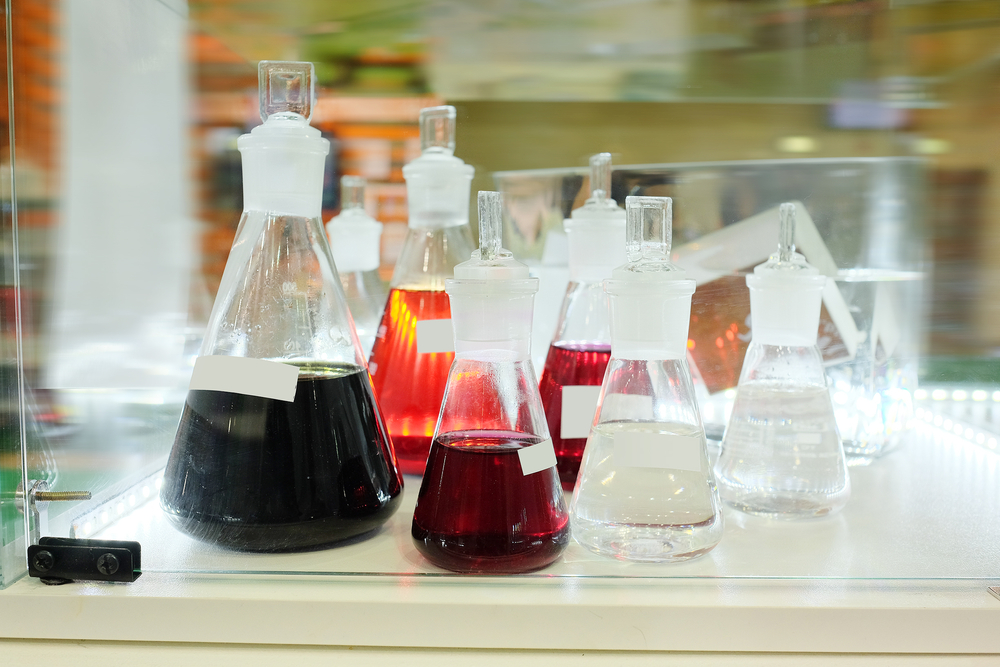International Conference Brings Together Key Stakeholders To Develop Clinical Trials For FSHD
Written by |

The FSH Society, a Massachusetts-based charity supporting research into facioscapulohumeral muscular dystrophy (FSHD), has announced that it recently completed the 2nd edition of the FSHD Trial Preparedness Workshop, which was held between May 29 and 30, 2015 at the University of Rochester Medical Center in Rochester, New York. The workshop included over 50 stakeholders from around the world and representatives from the biotech industry, National Institutes of Health, Food and Drug Administration, patient advocacy groups and the FSH Society itself.
“For this year’s Workshop, the first objective was to reassess where we are in the process of developing relevant clinical outcome measures, biomarkers and surrogate outcome measures for future FSHD trials. The second goal was to reach agreement on the most promising outcome measures to be pursued and identify gaps that remain. Finally, we hope to foster collaborations among investigators at different institutions to help accelerate the pace of research to fill those gaps,” said organizer Rabi Tawil from Rochester University.
FSHD affects about 870,000 people in the world and is one of the most common muscular dystrophies. The genetic disease causes a progressive and lifelong loss of skeletal muscles, especially those in the face, shoulder blades, arms, trunk and legs. The disease, however, can affect any skeletal muscle, and one-quarter to one-third of those affected end up needing wheelchairs.
Several details about the how the disease progresses remain unclear, and several research groups and industry laboratories have started the search for potential therapies. Financial incentives for the advancement of drugs to address orphan diseases, along with the recent development of tools to track the progression of the disease has led to an increased interest in the biotech field to research and develop therapies for FSHD.
The first FSHD trial workshop was held in Leiden two years ago, and that meeting served to establish working groups to develop further recommendations for imaging biomarkers, clinical outcome measures and molecular biomarkers (molecules that can be detected in tissue and blood). The groups created protocols to evaluate and validate the several outcomes.
The Society along with two co-sponsors, FSHD Global Research Foundation from Australia and FSHD Stichting of the Netherlands, each donated $25,000 for the event, which covered the meeting costs.
“The FSH Society is proud to help fund and advise this important workshop. Meetings like this will help all future developers of FSHD treatments design good clinical trials—and help avoid costly failures. We are investing in rigorous science, collaboration and open discussion involving all stakeholders. That’s the way to move us forward towards treatments and a cure,” said Daniel Paul Perez, President and CEO of the FSH Society.





